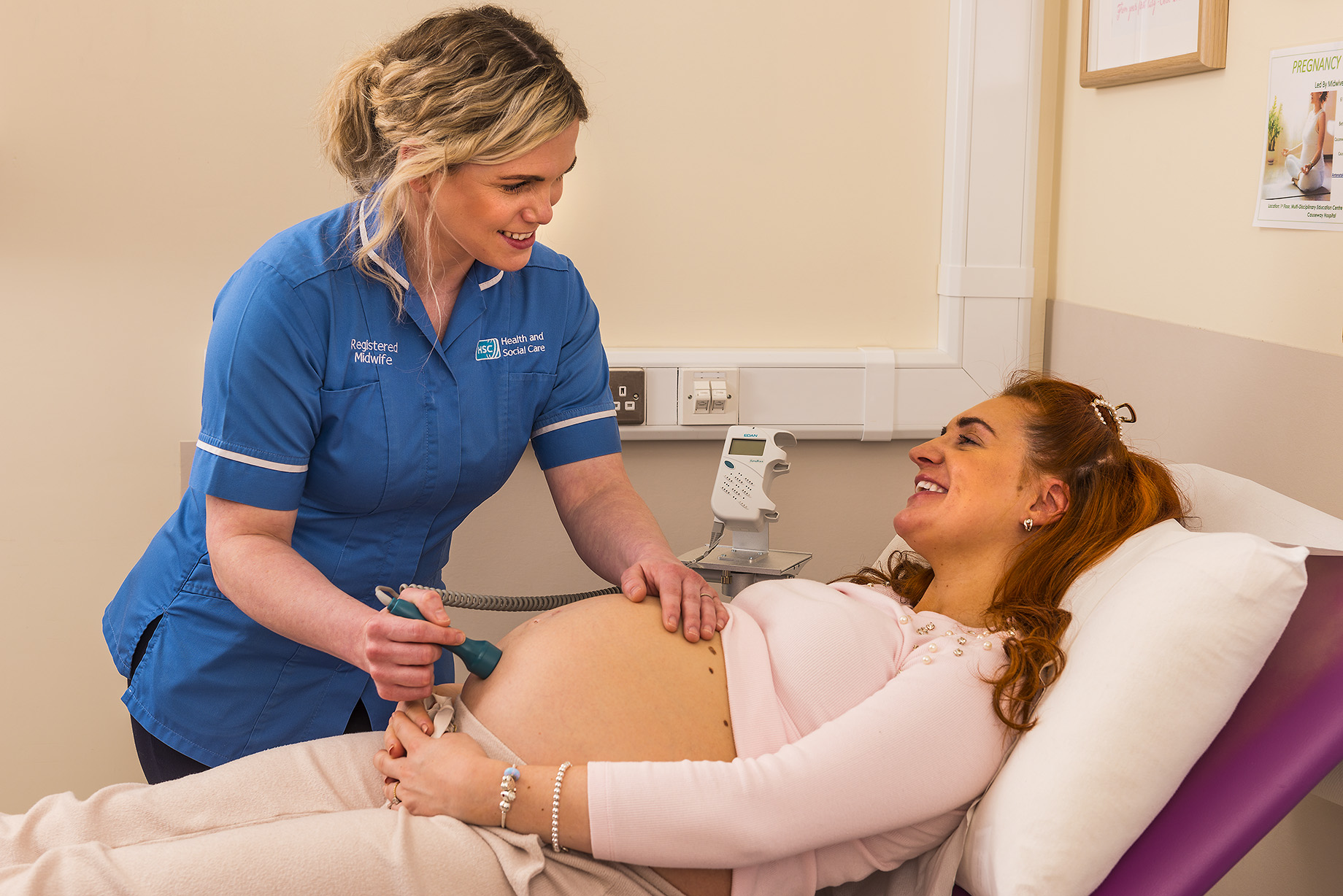A service that allows women and girls aged 16 and over to order their contraception online and get it delivered discreetly to their door is now fully operational across Northern Ireland following a successful pilot last year. The service is funded by Health and Social Care and delivered by SH:24 – a free online sexual health service – and can be used to order the pill, the mini-pill and emergency contraception (‘the morning after pill’). The morning after pill is also available for free from many pharmacies across Northern Ireland. Dr Rachel Coyle, Consultant at the Public Health Agency (PHA)
Put a spring in your step as the clocks go forward
With the clocks springing forward this weekend, the Public Health Agency (PHA) is encouraging people to use the longer evenings to boost their levels of physical activity and improve their health. Colette Brolly, the PHA’s lead on physical activity, said: “The brighter nights are an excellent opportunity to get out and get active. Over the winter months when the evenings are darker, it is easy to get into a routine of staying inside and being less active, but it’s now time to think about what you can do to boost your activity levels. “There are lot of different ways to be active and many of
COVID-19 VACCINE OFFER FOR HEALTHY INDIVIDUALS UNDER 50 TO END IN JUNE
The Public Health Agency (PHA) is urging those yet to get a COVID-19 first and second dose to get theirs before the offer ends on 30 June. Rachel Spiers, Immunisation and Vaccination Programme Manager at the PHA, said: “The Joint Committee on Vaccination and Immunisation (JCVI) has advised that the first and second dose offer for healthy people under the age of 50 should end on the 30 June in favour of a more targeted approach in 2023/24. “This means that anyone wanting to get both their first and second COVID-19 vaccine doses before the programme closes on the 30 June, must get their first
Enjoy the craic and drink safely this St Patrick’s Day
Ahead of St Patrick’s Day the Public Health Agency (PHA) is encouraging anyone who chooses to drink to do so safely and enjoy the craic. Many people drink alcohol as part of their St Patrick’s Day celebrations so the PHA is saying to those people to keep an eye on how much they’re drinking, make a plan by setting a sensible limit and stick to it. Kevin Bailey, Regional Lead for Drugs and Alcohol at the PHA, said: “Many people will be making plans to meet up with their friends and family to celebrate St Patrick’s Day and we are encouraging them to keep an eye on their alcohol intake should they
Raising awareness of dysphagia on Swallow Awareness Day
Today on World Swallow Awareness Day (15 March) the Public Health Agency (PHA) and Dysphagia NI are launching a new information booklet aimed at raising awareness of swallowing difficulties and providing support to help people with a swallowing difficulty and their carers. The Dysphagia NI Partnership, chaired by the PHA, has produced this new booklet with the Mid and East Antrim Agewell Partnership (MEAAP) and the Northern Health and Social Care Trustto provide information and guidance to people who may have a swallowing difficulty. Dysphagia is the medical term for swallowing difficulties
Midwifery

Pregnancy and birth are major events in the life of a woman and her family. Midwives provide care for women throughout pregnancy and childbirth and are the lead health professional for those women whose pregnancies are uncomplicated.
Perinatal Mental Health
Perinatal mental health problems are those which occur during pregnancy or in the first year following the birth of your baby. Perinatal mental health is an umbrella term that covers a range of conditions such as antenatal/postnatal Depression or Anxiety, Obsessive Compulsive Disorder (OCD), Post-Traumatic Stress Disorder (PTSD), and Postpartum Psychosis.
